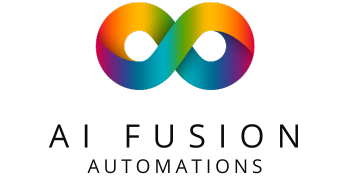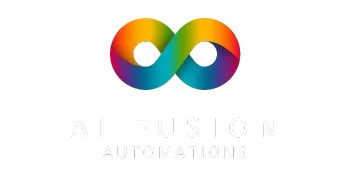
Musk's Legal Battle with OpenAI: A Turning Point for AI Ethics and Openness
Musk's Legal Battle with OpenAI: A Turning Point for AI Ethics and Openness
In a move that has sent shockwaves through the tech community, Elon Musk has initiated legal action against OpenAI, the AI research lab he co-founded. This lawsuit marks a pivotal moment in the ongoing debate over the direction of artificial intelligence development and its adherence to ethical standards.
The Heart of the Dispute
At the core of Musk's lawsuit is the accusation that OpenAI has strayed from its founding mission. Initially established as an open-source venture to benefit humanity, Musk alleges that OpenAI's collaboration with Microsoft has transformed it into a profit-driven entity, prioritizing financial gain over the open advancement of AI technologies. This shift, according to Musk, is a betrayal of the organization's original ethos and a breach of their founding agreement.
The Closed Nature of GPT-4
Musk's concerns are particularly focused on the development and handling of GPT-4, OpenAI's latest generative AI model. Unlike its predecessors, GPT-4 has been criticized for its lack of openness, with restricted access that contrasts sharply with the open-source ideals touted at OpenAI's inception. Musk fears that this closed approach not only undermines the collaborative spirit of AI research but also poses significant risks to public safety by limiting the scrutiny and oversight of such powerful technologies.
The Role of Microsoft
The lawsuit also casts a spotlight on Microsoft's influence over OpenAI, suggesting that the tech giant's involvement has steered OpenAI towards prioritizing profit over openness and ethical considerations. This partnership, while fruitful in advancing AI technologies, raises questions about the balance between commercial success and the broader societal responsibilities of AI research organizations.
Implications for the Future of AI
Musk's legal challenge against OpenAI is more than a dispute over contractual agreements; it's a call to action for the AI community to reevaluate the principles guiding the development and deployment of AI technologies. As AI becomes increasingly integrated into our daily lives, the need for transparency, ethical considerations, and public safety becomes paramount.
This lawsuit could potentially set a precedent for how AI research organizations operate, emphasizing the importance of staying true to ethical commitments and ensuring that the benefits of AI are accessible to all. As the case unfolds, it will undoubtedly spark further debate on the direction of AI development and the responsibilities of those at the helm.
In conclusion, Musk's lawsuit against OpenAI is a watershed moment for the AI industry, challenging the community to reflect on its values and the future it wants to build. As we stand at the crossroads of technological advancement and ethical responsibility, the outcome of this legal battle may well define the path forward for artificial intelligence.
Ready to Catapult Your
Online Business?
Discover How Our 7-Figure Sales Funnel / website Can Revolutionize Your Success
Real Stories, Real Success: Hear It Directly from Our Clients

Chris, Vancouver:
"My Sales Team is booked out! Thanks to the systems of AI Fusion, we can't keep up with the incoming leads. I would hands down recommend Somesh and his team!"
Got Questions? Let's Turn Them Into Solutions!
Connect with AI Fusion – Your Partner in Digital Excellence
Got Questions?
Let's Turn Them Into Solutions!
Connect with 6IX Media Group –
Your Partner in Digital Excellence
Got Questions?
Let's Turn Them Into Solutions!
Connect with 6IX Media Group – Your Partner in Digital Excellence
Copyright © 2024 6IX Media Group
All Rights Reserve
Copyright AI Fusion Automations 2026 -- All Rights Reserved
We’re on a mission to build a better future where technology creates good jobs for everyone.


